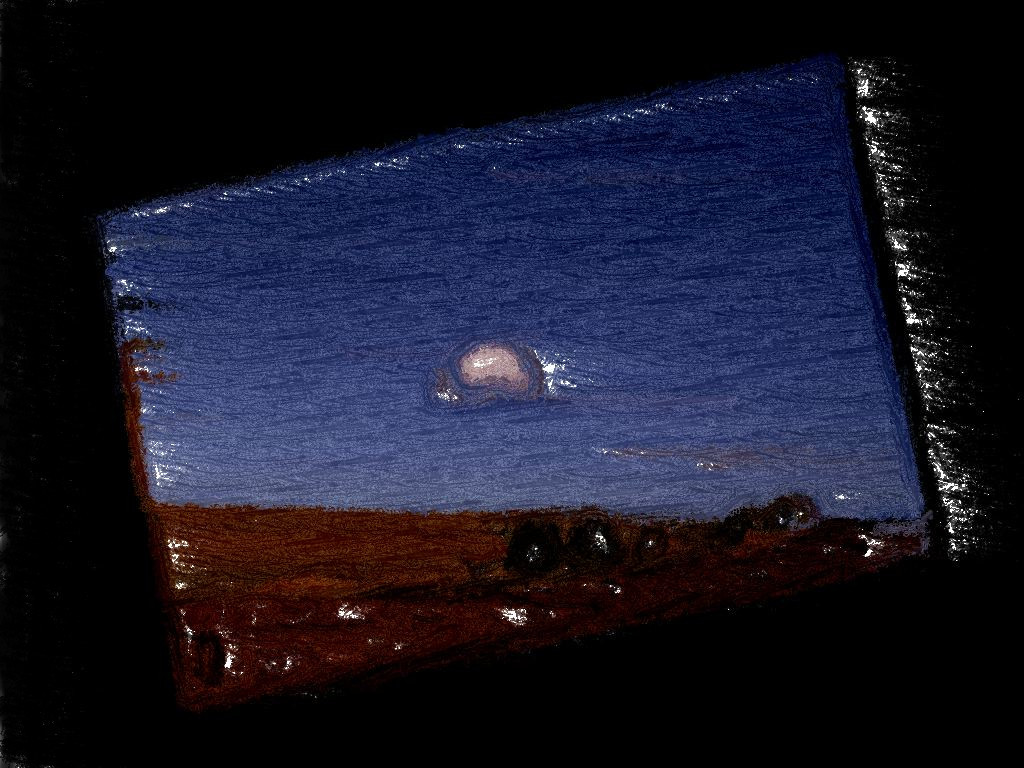tannoy blog — grammar
I approach poetry using words as components to be assembled for their music first and foremost, rather than be assembled as components for their grammar first. My work doesn’t (often) use standard grammar (although my early work did). Of course, all poetry requires a semantic interpretation that works, but meaning doesn’t depend on grammar alone: indeed, there are better poets than me who are corrupting the semantics in very interesting ways using perfectly correct grammar. Anyway, because I don’t use standard grammar, I don’t use the tools to aid its interpretation, namely punctuation, capital letters, etc.. The disadvantage is, of course, that it’s not so easy to read.
I believe this approach allows a greater freedom of interpretation for the reader. Since interpretation is what carries you into a poem and allows you to get something out of it, it’s very important. Everyone’s interpretation is based on their own understanding, their own experience, their own perspective. Thus what someone gets out of a poem is not what the poet puts in. That’s why I believe there's no right or wrong interpretation, only what works for the reader. To my mind, those of components of grammar: punctuation, capital letters, etc., all reduce those possible interpretations, they take alternatives away. That’s very important where language has to be precise as possible, such as legal documents, but poetry’s not a legal document. Anyway, English is not a precise language; there are much better languages for minimising alternative interpretations (algebra, C++, etc.). That’s why diplomacy isn’t conducted in algebra! Anyway, all this means I regard the greater freedom of interpretation, the greater opportunity for ambiguity, offered by using alternative grammars as an advantage, even though it can make a poem more difficult to read.
When I write a poem, I say what it wants to be said, as much as I can. I’m often surprised by what appears. However, I wait until the emotion is cold, and preferably long forgotten, before I finish it. A poem has to be technically valid to work, and the emotion can blind me to the technical faults. In effect, so much as possible (given some emotion is never forgotten), my poems are not complete until I inspect them under a cold light. That’s when, in particular, I find punctuation gets in the way of interpretation, when reading to a poem cold. Given that’s always how a reader first comes across a poem, that’s another reason why I dislike punctuation etc..
Of course, there’s absolutely nothing new in not using punctuation. Witness e.e. cummings. What I’m doing (not so well), though, is not what he did (very well).

